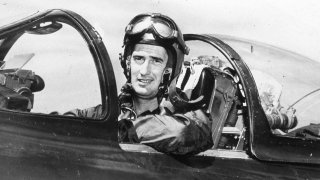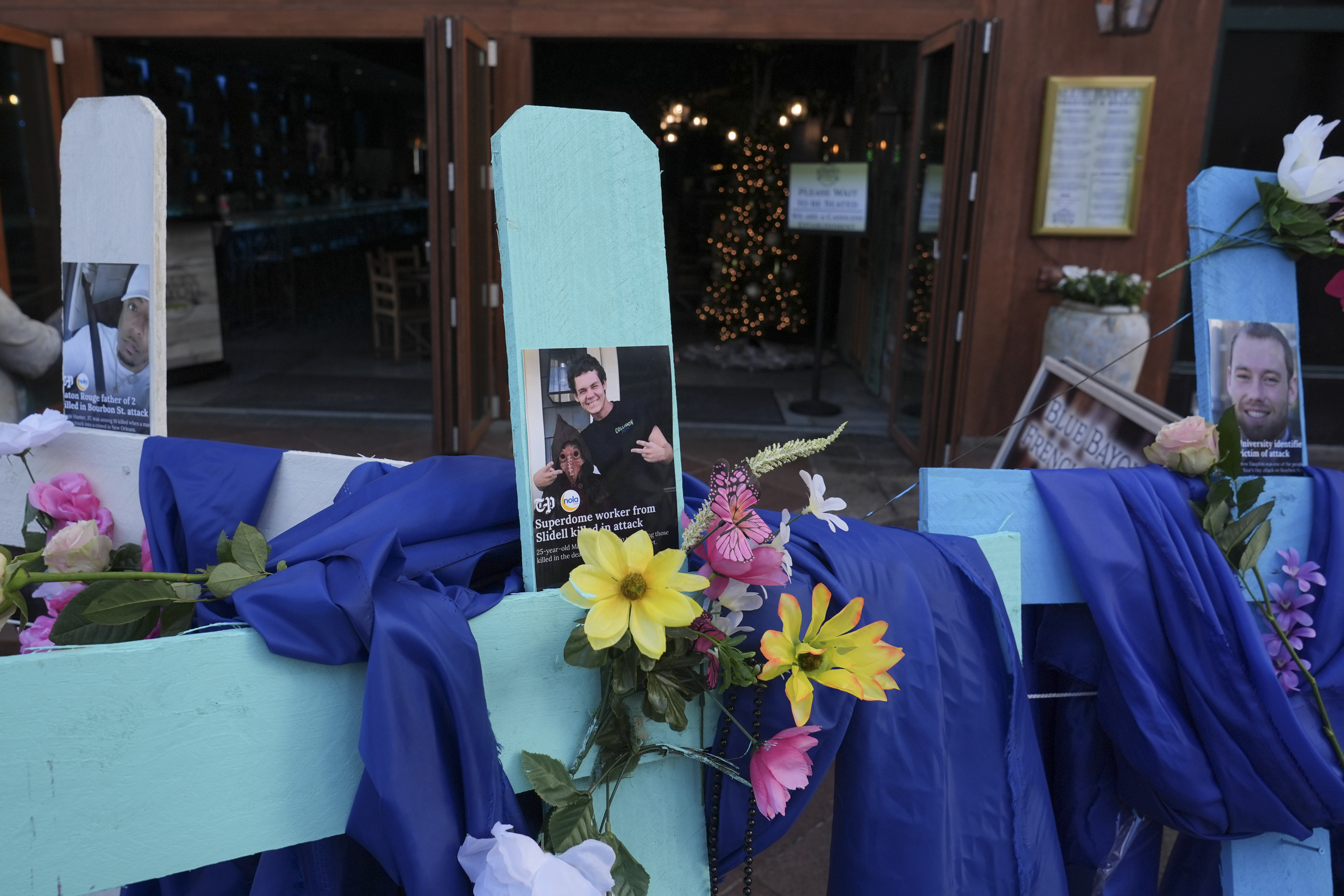
Ted Williams is remembered as one of the greatest athletes in Boston sports history. The Red Sox legend was a 19-time All-Star, two-time MVP, and six-time batting champion.
Those accomplishments paled in comparison to his service off the field.
"Teddy Ballgame" left baseball in 1942, after earning the Major League Baseball Triple Crown, to join the United States Navy Reserve during World War II. He went on active duty in 1943, then was commissioned a second lieutenant in the United States Marine Corps as a Naval Aviator in 1944.
Williams returned to baseball in 1946 and picked up right where he left off, earning the American League MVP award. He won the Triple Crown again in 1947, then earned his second MVP award in 1949.
Fourteen months after being promoted to captain in the Marine Corps in 1952, Williams was called back to the military to serve during the Korean War. Williams flew 39 missions with the Third Marine Air Wing, 223rd Squadron with his first combat mission taking place on Feb. 16, 1953.
Capt. Williams was hit by North Korean forces during the mission and safely crash landed, walking away with only a sprained ankle. The next day, he flew again and took enemy fire over Chinnampo. Thirty-seven missions later, a bout with pneumonia and an inner ear problem led to Williams leaving the Marines in 1953.
U.S. & World
During his time as captain of the Marine Corps, Williams earned a number of prestigious awards including the Presidential Medal of Freedom, three Air Medals for Aerial Flight Operations, Navy Unit commendation, American and Asian Pacific Campaign Medal, World War II Victory Medal, National Defense Service Medal, and more.
After returning from the Korean War, Williams went on to enjoy seven more seasons in the majors and was an All-Star for each of them. He holds the all-time record for career on-base percentage (.452) to this day, and no one else has been able to hit .400 or above since he hit .406 in 1941.
Williams was inducted to the Baseball Hall of Fame in 1966 and his iconic No. 9 was retired by the Red Sox in 1984. During the 1999 MLB All-Star Game at Fenway Park, Williams made one of his most memorable public appearances when he was escorted to the pitcher's mound in a golf cart as the Boston crowd roared. Players from both teams surrounded Williams on the mound to show their respect for the legend's inspiring career, both on and off the field.
Williams passed away on July 5, 2002.



